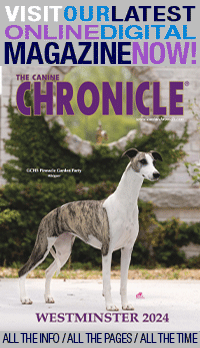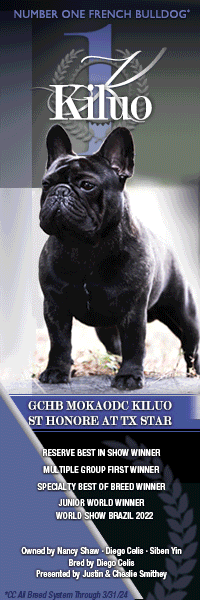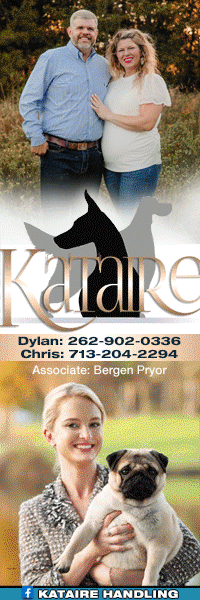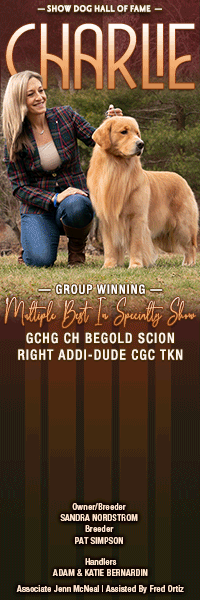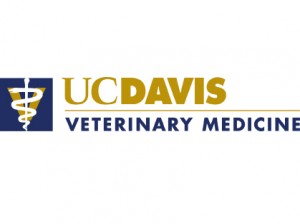Novel Theriogenology Residency Offered at UC Davis School of Veterinary Medicine
UC Davis School of Veterinary Medicine is pleased to announce the addition of a new residency in veterinary reproductive medicine for companion animals, thanks to a generous gift from the American Kennel Club (AKC) and the Theriogenology Foundation. The novel two-year Theriogenology Residency Program will provide specialty training in all aspects of veterinary reproductive medicine and surgery, as well as all features of clinical practice related to male and female reproduction, obstetrics and neonatology in companion animals.
“The AKC and the Theriogenology Foundation recognize a joint commitment to breeding as an invaluable tool for the continued improvement of the genetic health of dogs,” said Alan Kalter, chairman of the American Kennel Club Board. “We are thrilled to establish this program, which we hope will bear a greater understanding of and respect for the purpose-bred dog.”
Not only will the resident receive specialty instruction in all aspects of veterinary reproductive medicine, the resident will also rotate through the surgery service and be jointly supervised by board-certified surgeons and theriogenologists. Such training will qualify the resident to perform surgery when necessary.
“This will be one of the first theriogenology residencies in the nation with a companion animal focus,” said Dr. David Wilson, director of the school’s Veterinary Medical Teaching Hospital. “The AKC and the Theriogenology Foundation are making a significant financial commitment to train people to address real societal needs.”
Theriogenology is often seen as an ancillary service and few clinics offer the services of a reproductive specialist, which is why the AKC decided to invest in training more veterinarians in this field.
“Since 1884, the American Kennel Club has recognized that ancestry is the tool that best predicts a dog’s health, temperament and working skills,” said Dr. Anita Migday, president of the Theriogenology Foundation Board. “Now, in 2014, the AKC is investing in the next generation of veterinary specialists who will merge science and breeding practices to accelerate improvements in canine health and predictability.”
Board certification in theriogenology requires experience with multiple species, explained Dr. Bruce Christensen, chief of the Small Animal Theriogenology Service at the school’s Veterinary Medical Teaching Hospital. The resident will receive on-site and off-site training with enthusiastic collaborators in private practice to gain all necessary experience and skills. The resident will also spend two months of the two-year program working with farm animals with the Livestock Herd Health and Reproduction Service; another two months will be spent with the Equine Reproduction Service.
“Training residents in various specialties is the responsibility of institutions like UC Davis. Until this year, small animal theriogenology residencies have been very rare, which is why the AKC and Theriogenology Foundation have funded this,” Christensen said. “These specialists play a key role in responsible breeding and should be experts in the field to make the best decisions for their patients.”
The initial financial commitment of $100,000 from the AKC and Theriogenology Foundation will support one resident over the two year program. “Our goal is to have the program continue and to bring in a new resident every two years,” Wilson said.
The AKC and Theriogenology Foundation will also fund similar residencies at University of Pennsylvania School of Veterinary Medicine and Auburn University College of Veterinary Medicine.
Short URL: http://caninechronicle.com/?p=41948
Comments are closed
